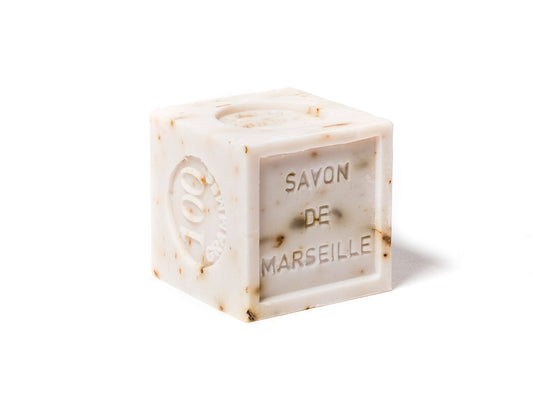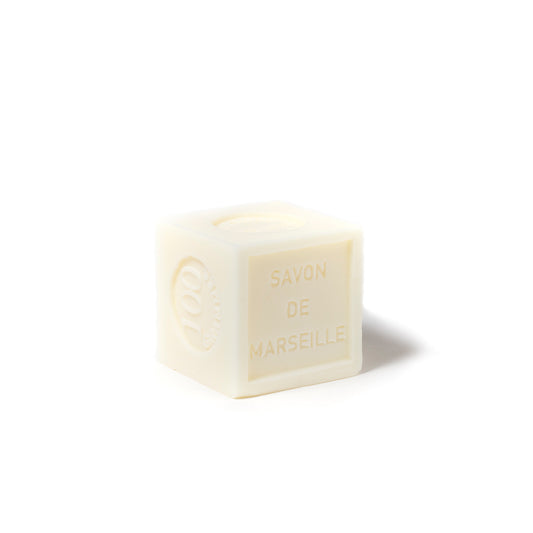What Makes the French Baguette So Unique?
It's hard to narrow down from the list of things I miss when we are not in France but right at the top would be the French baguette. A staple in France, this golden, crispy loaf is more than just bread—it’s a cultural symbol, a daily ritual, and a testament to the artistry of French baking. But what exactly makes a true French baguette so unique? Let’s dive into the elements that set it apart.

1. A Protected Tradition
In France, the baguette isn’t just any bread—it’s protected by law. The “Décret Pain” (Bread Decree) of 1993 established strict guidelines for what can be called a “traditional French baguette.” It must be made using only four ingredients: flour, water, salt, and yeast (or natural leavening). No additives, preservatives, or shortcuts allowed. This ensures that every authentic baguette maintains its signature quality and taste.
2. The Perfect Texture
A true French baguette is known for its contrast in textures: a crisp, golden crust and a soft, airy interior. Achieving this delicate balance is an art. French bakers use a slow fermentation process that enhances flavor and develops the baguette’s signature chewiness. The result? A bread that’s both satisfying and light, with an irresistible crunch in every bite.
3. The Craftsmanship of the Boulanger
Baking a proper baguette requires skill, patience, and precision. Many French boulangeries (bakeries) still make their baguettes by hand using traditional techniques. The dough is carefully shaped and scored before baking, allowing for even expansion and that characteristic pattern on top. Each boulanger takes pride in their craft, ensuring that no two baguettes are exactly alike.
4. The Daily Ritual
For many in France, buying a fresh baguette is a cherished daily tradition. Early in the morning or just before dinner, you’ll find locals walking home with a baguette tucked under their arm, often tearing off a piece before they even reach the door. The baguette isn’t just food—it’s a way of life, a connection to community, and a shared experience across generations.
5. The Unmistakable Flavor
Because traditional French baguettes are made without preservatives, they are best enjoyed fresh, ideally within a few hours of baking. Their simple ingredients, combined with expert technique, create a rich, slightly nutty flavor with a depth that mass-produced bread simply can’t replicate. Whether paired with butter and jam, used for sandwiches, or served alongside cheese and wine, a French baguette enhances any meal.
Bringing a Taste of France Home
While nothing quite compares to picking up a freshly baked baguette from a Parisian boulangerie, you can still bring a piece of this tradition into your own home. Look for artisanal bakeries that follow traditional methods, or even try making one yourself using simple, high-quality ingredients.
The French baguette is more than just bread—it’s a symbol of tradition, craftsmanship, and the simple joys of life. And that’s what makes it so uniquely French.









